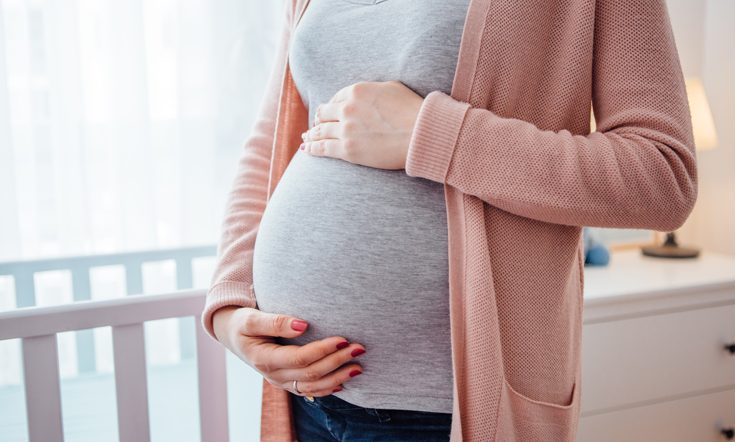

Women are often told that the optimal age to have a baby is before 35, but the reality is that they’re having them later nowadays. There are multiple reasons why we’re seeing this trend, including early careers, settling down later in life, and fertility treatments.
If you’ve reached your 40s and you’re curious about what having a baby would be like, you’ll need to weigh up the benefits and risks.
What are the benefits of having a baby in your 40s?
There are many benefits to waiting to become a mother when the time is right for you, and you certainly wouldn’t be alone — the fertility rate of Australian women aged 40-44 has tripled over the past 30 years (ABS).
- You may have completed higher education or already be established in your career, so you can dedicate more time to raising children.
- Your financial situation could be more favourable than it was in earlier years.
- You possibly have a new partner, and would like to start a family with them.
- You will have more life experience and possibly be more emotionally mature, which could help with the demands of parenthood.
- You’re probably concerned that you won’t be around to see your child grow into an adult, but some research suggests that having children at an older age may spell a longer lifespan.
- Later pregnancies may protect against cognitive decline. Researchers have found ‘better brainpower after menopause’ if women had their last baby after age 35.
What are the risks of having a baby in your 40s?
While many women over the age of 40 deliver their babies safely, there are some increased physical risks. You will be considered high risk, but your doctors will monitor you closely for:
- High blood pressure, which can increase your risk of the serious medical condition, preeclampsia. When a pregnancy gets past the first trimester, there is double the risk of preeclampsia for women in their 40s.
- It’s estimated that women in their 40s have a 50% chance of miscarriage each time they conceive, compared with 25% of women under 35 experiencing miscarriage.
- There is an increased chance of gestational diabetes.
- Birth defects. There is a 1 in 100 chance of having a baby with Down Syndrome for women in their 40s. The probability increases the older the mother is.
- Women 35 and older have a higher risk of stillbirth throughout pregnancy compared with younger women, and the risk is highest over 40 weeks (which is why doctors usually recommend an induction or c-section before 40 weeks).
- Pregnancy-related fatigue, aches, and pains may be more pronounced as you get older.
Many of these risks are manageable if they’re detected early enough. Advancements in technology surrounding fertility, pregnancy, and delivery, make it safer to have a baby in your 40s.
What are your chances of getting pregnant in your 40s?
Even with all the fertility options available, including IVF, freezing eggs when you’re younger, and sperm banks, a woman’s fertility rate decreases significantly after 35 years of age. This is commonly due to fewer number of eggs left to fertilise and unhealthy eggs.
What should you do if you want to try to get pregnant after weighing up all the the benefits and risks?
It can take time to get pregnant, regardless of your age, so start trying to conceive as soon as you can. Maintain a healthy diet, and see your GP for advice regarding pre-pregnancy health tests. If you’ve been trying for six month without success, then you might consider seeing a fertility specialist.























